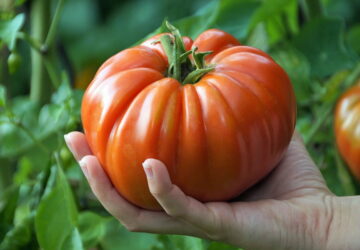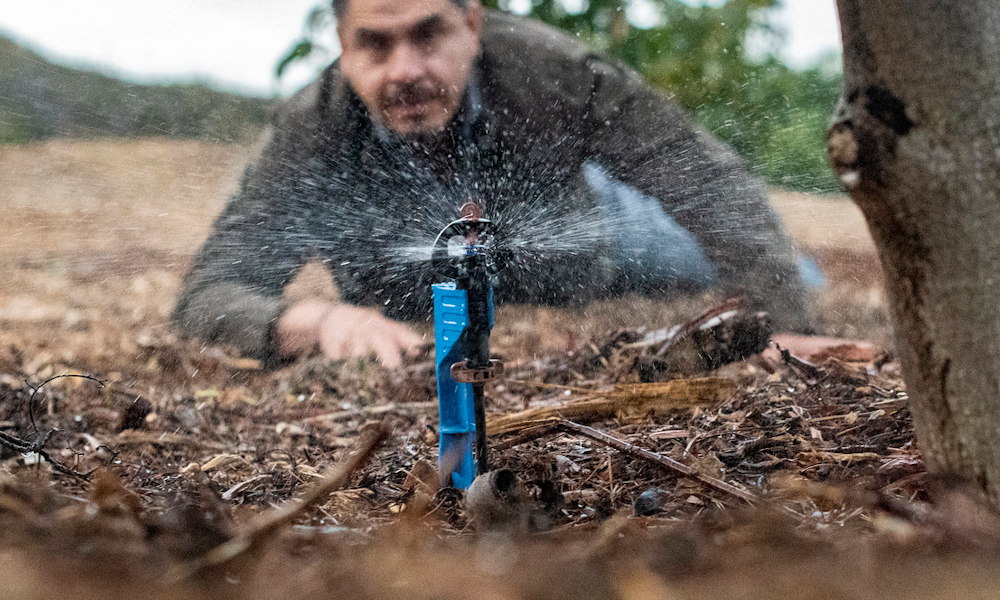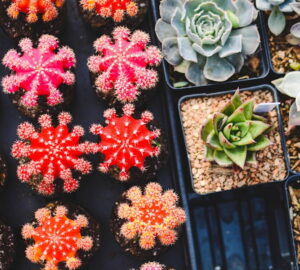As technology continues to permeate every aspect of our lives, it’s no surprise that artificial intelligence (AI) is making its way into our gardens. From plant care apps that guide us on the best practices to fully automated garden systems that take the guesswork out of growing plants, AI is revolutionizing the way we approach gardening. This article explores how AI is transforming home gardens, making them smarter, more efficient, and accessible to everyone.
The Rise of AI in Home Gardening
The integration of AI into home gardening has been gradual but impactful. What began as simple weather apps and plant identification tools has now evolved into sophisticated AI-driven systems. These systems can monitor soil conditions, predict plant needs, and even provide personalized care recommendations based on your garden’s unique microclimate. For the busy modern gardener, AI offers a way to manage a thriving garden with minimal effort, ensuring that plants receive exactly what they need, when they need it.
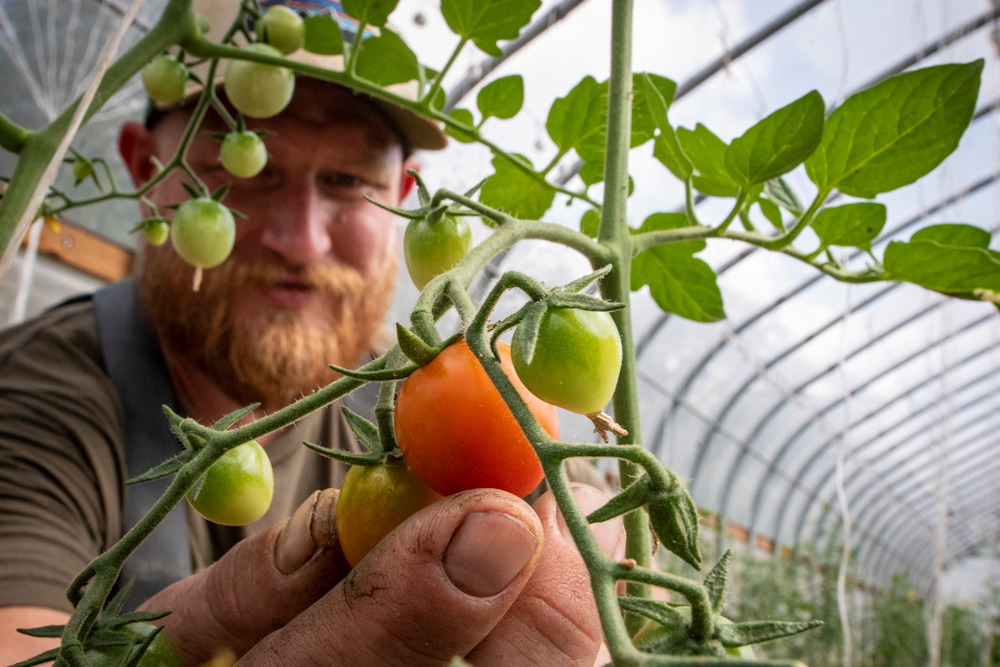
Smart Gardening Tools: From Apps to Automation
One of the most visible impacts of AI in gardening is through smart tools and apps. These tools leverage machine learning algorithms to analyze vast amounts of data, offering gardeners actionable insights. For example, some apps can identify plant diseases from a simple photo, suggest remedies, and even order necessary supplies. Automated watering systems, connected to weather forecasts and soil moisture sensors, ensure that plants are watered only when needed, conserving water and promoting healthier growth.
Robotic lawn mowers and weeders, powered by AI, are also becoming common in gardens. These devices map out the garden, learn the layout, and perform their tasks with precision, reducing the need for manual labor. The dream of a fully autonomous garden, where technology handles all the mundane tasks, is quickly becoming a reality.
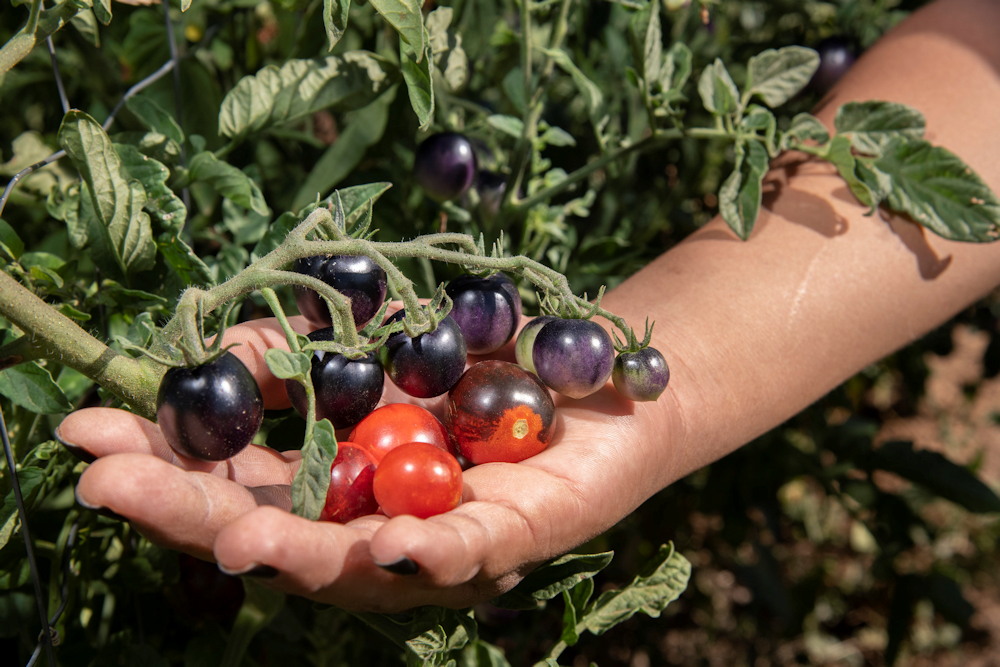
Personalized Plant Care: AI’s Role in Tailored Gardening
One of the most exciting aspects of AI in gardening is its ability to personalize care for each plant. By analyzing data from various sensors placed in the garden, AI systems can determine the specific needs of each plant, such as light, water, and nutrients. This level of precision not only leads to healthier plants but also optimizes resource use, making gardening more sustainable. Imagine a garden where each plant is individually monitored and cared for, ensuring that all your green friends thrive.
For example, the GardenSpace system uses cameras and sensors to monitor plant health in real-time, adjusting irrigation and alerting gardeners to potential issues like pests or nutrient deficiencies. Another practical example is the Planty Cube by n.thing, an AI-driven hydroponic system that automates watering and nutrient delivery based on the specific needs of each plant species, ensuring optimal growth conditions.
AI is also helping gardeners with plant selection. Based on your location, garden conditions, and personal preferences, AI-driven apps can suggest plants that are most likely to succeed in your garden. This takes much of the guesswork out of plant shopping and increases the chances of a flourishing garden.
For instance, the GrowIt! app uses AI to recommend plants based on your location, soil type, and climate, ensuring you choose species well-suited to your garden. Another example is the Plantix app, which not only diagnoses plant issues but also suggests the best plants to grow in your specific environmental conditions, helping gardeners make informed decisions on plant selection.
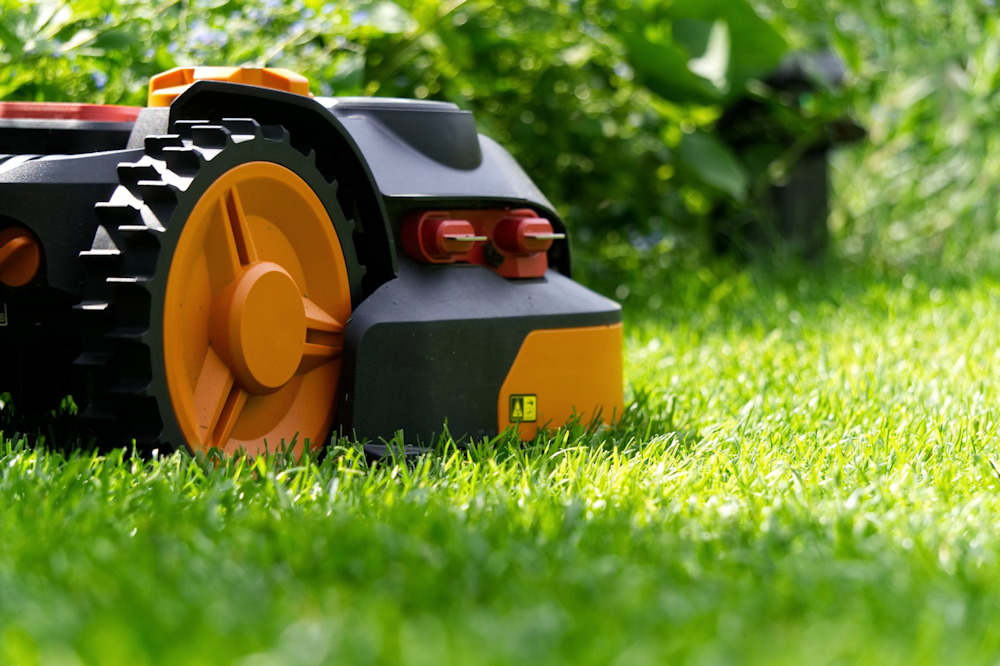
The Future of AI in Gardening: What’s Next?
As AI continues to advance, we can expect even more innovative applications in gardening. Future AI systems could incorporate real-time data from satellite imagery and advanced climate models to predict and prepare for extreme weather events, helping gardeners protect their plants from unforeseen threats. Additionally, AI could assist in breeding new plant varieties that are better suited to changing climates or have enhanced nutritional properties.
The potential for AI in gardening is vast, and as the technology becomes more affordable and accessible, it’s likely to become a standard tool for gardeners worldwide. Whether you’re a seasoned horticulturist or just starting out, AI offers tools and insights that can enhance your gardening experience, making it more enjoyable and productive.
Top AI Gardening Apps to Enhance Your Green Thumb
Here are five of the most widely recognized AI gardening apps available globally:
- Plantix
This app is popular for its AI-driven plant disease diagnosis. It uses machine learning to analyze photos of plants and provide insights on diseases, pests, and nutrient deficiencies, along with recommended treatments. - Gardenate
Gardenate offers personalized planting advice based on your location. It uses AI to suggest optimal planting times, companion planting options, and seasonal reminders, making it easier to plan and maintain a productive garden. - Gro Veg Garden Planner
Gro Veg is an online garden planner that uses AI to optimize the timing and placement of plants in your garden. It provides reminders and planting guides tailored to your garden’s needs. - SmartPlant
SmartPlant is an AI-powered app that helps gardeners identify plants and offers care advice. It provides tailored monthly reminders for plant care tasks, making it easier to manage a diverse garden. - From Seed to Spoon
This app leverages AI to guide users through every step of the gardening process, from seed planting to harvesting. It includes features like personalized planting schedules and pest control tips based on your specific garden conditions.
These apps are highly regarded for their ability to simplify gardening through the use of advanced AI technologies, making them popular choices among gardeners worldwide.
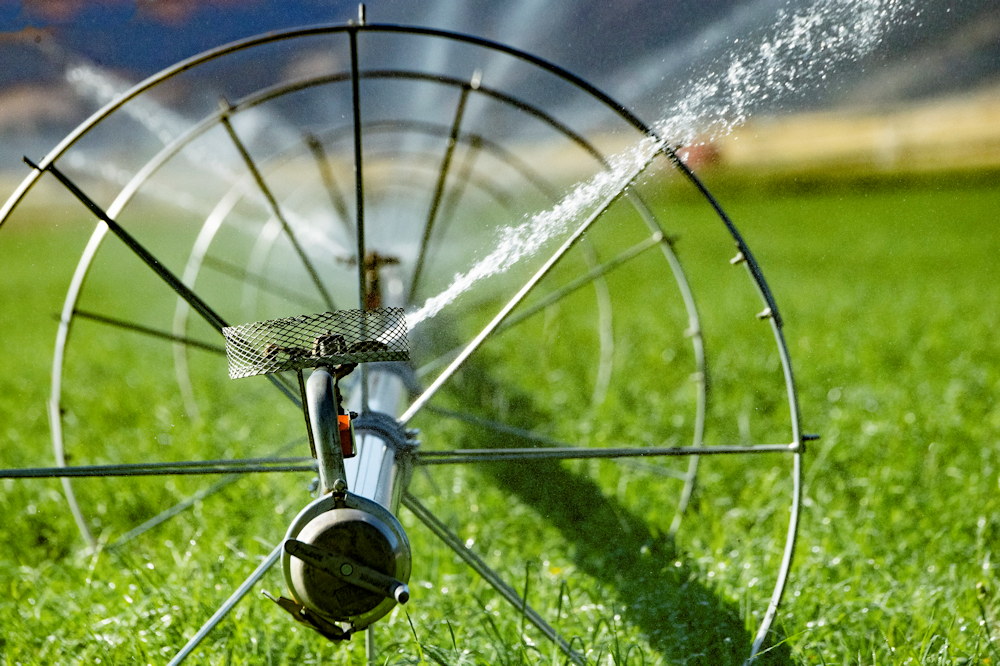
Potential Drawbacks: What Gardeners Should Watch Out For
While AI offers numerous benefits to home gardeners, it’s important to approach this technology with caution. One concern is the over-reliance on AI systems, which could lead to a reduced understanding of natural gardening practices. Gardeners may become too dependent on automated tools, potentially losing the hands-on knowledge and intuition that come with traditional gardening. Additionally, privacy issues may arise, as many AI-powered devices and apps collect data about your garden, which could be shared or sold without your consent. Lastly, the cost of AI-driven tools and systems can be prohibitive for some, making it essential to weigh the benefits against the investment required. As with any technology, it’s crucial to maintain a balance between innovation and personal engagement in the garden.
In conclusion, while AI offers exciting possibilities for transforming gardening practices, it is crucial for gardeners to maintain a balance between embracing these innovations and preserving traditional knowledge. By integrating AI thoughtfully, we can enhance our gardening experience without losing the personal touch that makes it so rewarding.
